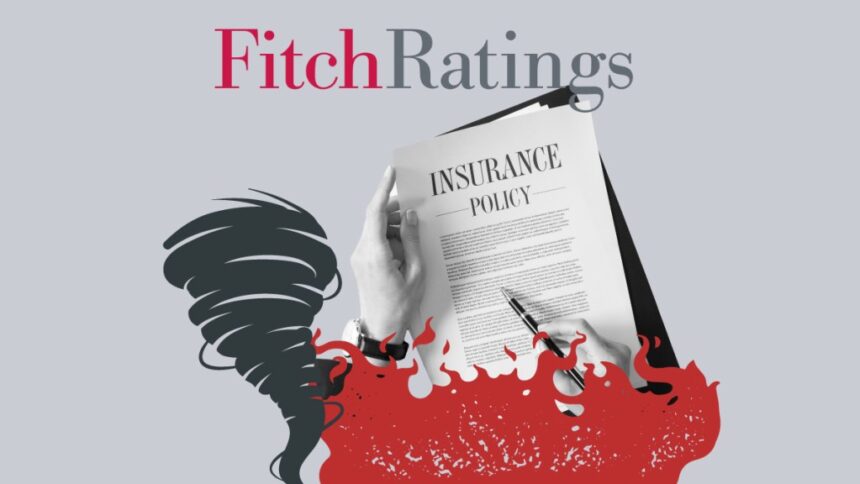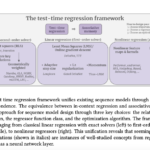
Fitch Ratings reported this week that recent natural disasters that have damaged thousands of homes and businesses — including the Southern California wildfires and hurricanes Milton and Helene in the Southeast — are not expected to heavily impact paid claims experience or credit ratings for mortgage insurers.
The ratings agency said in commentary released Thursday that these disasters have “raised questions about borrower ability and willingness to rebuild in the aftermath of such events.” But while the disasters are likely to “incrementally increase mortgage delinquencies,” they will have a “relatively immaterial effect” on mortgage insurance companies.
Fitch explained that while property insurance serves as the primary protection for mortgage borrowers in these situations, their levels of coverage may not pay for all the costs to rebuild.
In the Los Angeles area, preliminary loss estimates from the two largest wildfires — the Palisades and Eaton blazes — are as high as $45 billion. Real property losses for Hurricane Helene, which impacted portions of Florida, Georgia, North Carolina and South Carolina when it struck in late September, range up to $47.5 billion. And Hurricane Milton, which made landfall in the Tampa area less than two weeks later, caused up to $28 billion in losses, according to CoreLogic.
Fitch noted that mortgage insurance “does not cover claims principally caused by physical damage, including wildfires, floods or other natural disasters, but is designed to protect against borrower credit default.” Master policies describe instances in which damage to a home would not be covered by a mortgage insurance claim. These include cases when a home is “deemed uninhabitable” or when the property cannot be restored to the condition it was in when the insurance policy began.
“The residual risk of a borrower failing to repay the remaining mortgage principal balance after all servicer risk mitigation efforts have been exhausted resides with the lender/investor on the loan,” Fitch explained.
The agency went on to say that mortgage delinquencies stemming from natural disasters are typically resolved at higher rates than delinquencies tied to other reasons, such as loss of employment or income. This is due to the many loss-mitigation programs, including forbearance, that are available through the federal government and mortgage servicers.
“The limited amount of MI paid losses experienced following a catastrophe event are likely related to employment market disruption in a concentrated area affected by the event that leads to an extended period of reduced income for residents,” the company added.
Late last month, Intercontinental Exchange reported that recent natural disasters drove the rate of past-due loans to its highest level in three years. Hurricanes Helene and Milton resulted in 14,000 new delinquencies in November. The 30-day delinquency rate at that time — not including loans in foreclosure — had increased for six straight months to 3.74% of all active mortgages.
Last week, Fitch reported that the LA wildfires were not anticipated to have much impact on its rated portfolio of residential mortgage-backed securities (RMBS). The agency analyzed various loan types across the ZIP codes that are in mandatory evacuation zones in Los Angeles County. It found that non-prime mortgages exposed to the fires represented 1.18% of the outstanding loan balance in its portfolio. Exposure levels for other loan types, including prime mortgages and home equity loans, were less than 1%.
The company noted that 15 RMBS deals have exposure levels exceeding 4% of the outstanding loan balance. The servicers with the deals deemed most at risk include EverBank, Shellpoint and Galton Funding.
“The devastation of the wildfires is likely to lead to an increase in delinquencies, which could consequently result in temporary interest shortfalls to bondholders,” Fitch explained. “However, Fitch expects the shortfalls to be repaid in subsequent periods due to structural mitigants within RMBS transactions such as interest deferability.”






